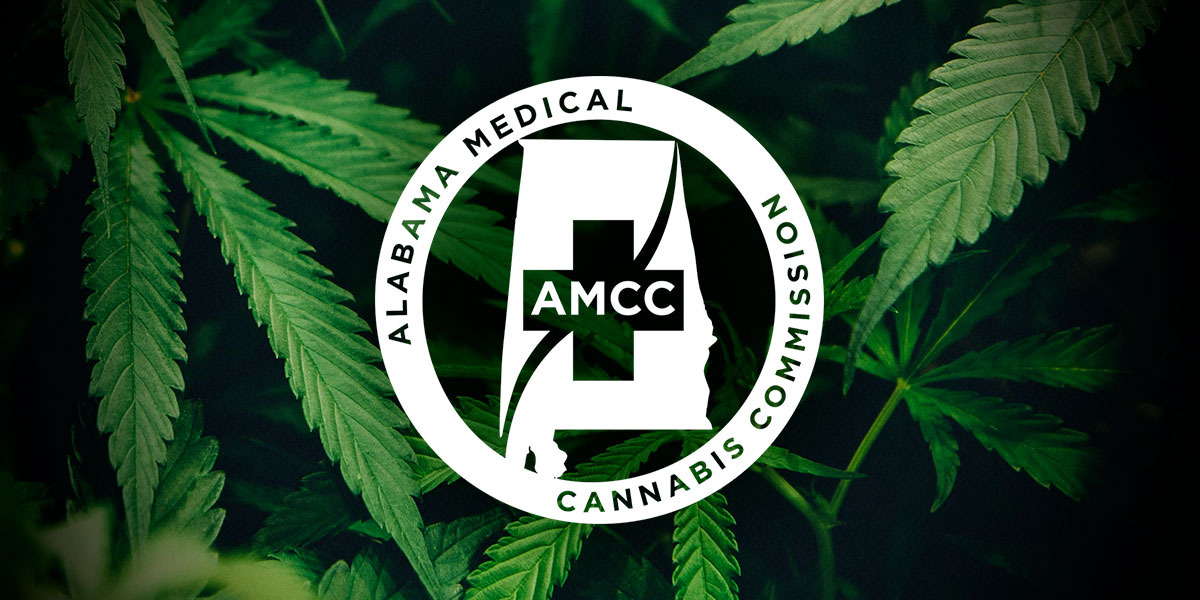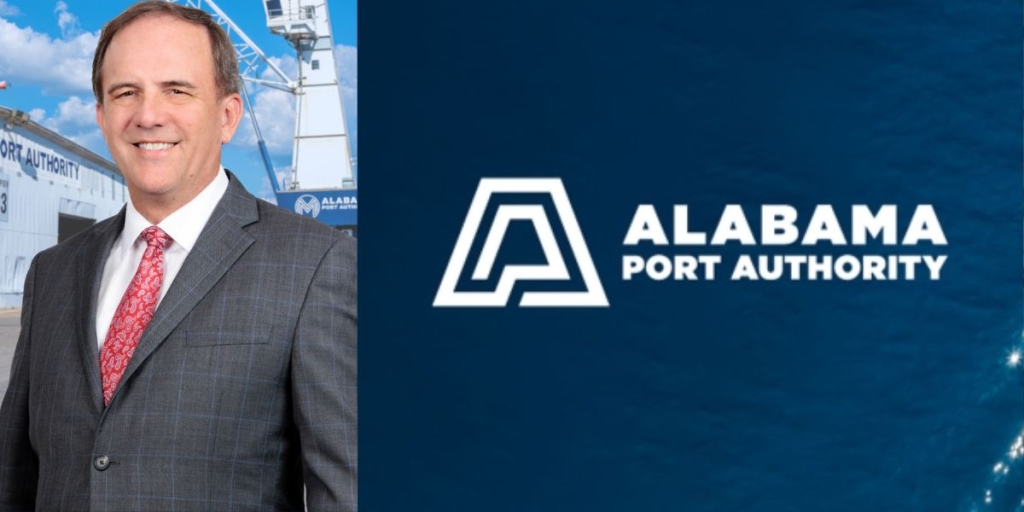“Let me be clear- no one is above the law.”
However, the Alabama Medical Cannabis has operated above the law since its inception.
And the AMCC’s refusal to follow the law is what has caused the delays in getting medical cannabis to the people who need it. In fact, I believe that if the Commission had followed the law and the requirements of due process, medicine would already be in the hands of patients.
In Alabama, no state agency is above the law or the state’s Administrative Procedure Act.
The AAPA, drafted by me and my fellow members of the Administrative Law Section of the Alabama State Bar in the early 1980s, is the law “governing procedures for state administrative agencies to propose and issue regulations and provides for judicial review of agency adjudications and other final decisions in Alabama.”
If you’re interested in some light reading, check out Title 41, Chapter 22 of the Code of Alabama.
When we were putting together the AAPA the intent was simple – to provide oversight to administrative agencies, as well as an environment of fairness, impartiality, public access and transparency.
While the AAPA has the standard of agency operation for decades now, there are still hiccups that must be corrected.
Yet what I have seen happen with the Alabama Medical Cannabis Commission goes far beyond a simple bump in the road and is more like all the tires fell off of a car barreling down Interstate 65 at speeds meant for Talladega. In other words – it’s crazy.
The AMCC has blatantly disregarded the policies and procedures put in place by the AAPA – the very law they are tasked, as a government agency, with adhering to.
Instead – in the case of the commission and several companies who have applied for licenses to grow, cultivate or dispense medical cannabis – the commission is not allowing due process, refusing hearings before an impartial tribunal, and conducting its operations in secrecy.
The AMCC has thumbed its nose at not just the applicants who have explicit rights under the AAPA, it has all but said it simply does not have to follow the rules.
So, let’s get this straight – a government agency working for the state and for the residents of our state doesn’t have to follow the rules?
That’s what the AMCC believes – and that’s what it has done almost since its inception.
The members of the commission know better – and they must do better. This isn’t just about winners and losers in a pile of applications to grow medical cannabis.
This is about trust and transparency in our government – what every resident of our great state deserves.
The members and staff of the AMCC would do well to remember the second part of the Antonio Villaraigosa quote I opened this piece with: “We are all accountable for our actions.”
John T. Mooresmith is retired from Birmingham’s Burr & Forman law firm and has practiced administrative law in Alabama for more than 50 years. As a member of the board of directors of the Alabama State Bar’s Administrative Law Section, Mooresmith assisted in the drafting of the Alabama Administrative Procedure Act. He was listed in “The Best Lawyers in America” for administrative law for more than 20 years and has been recognized by “Super Lawyers” as lawyer of the year.













